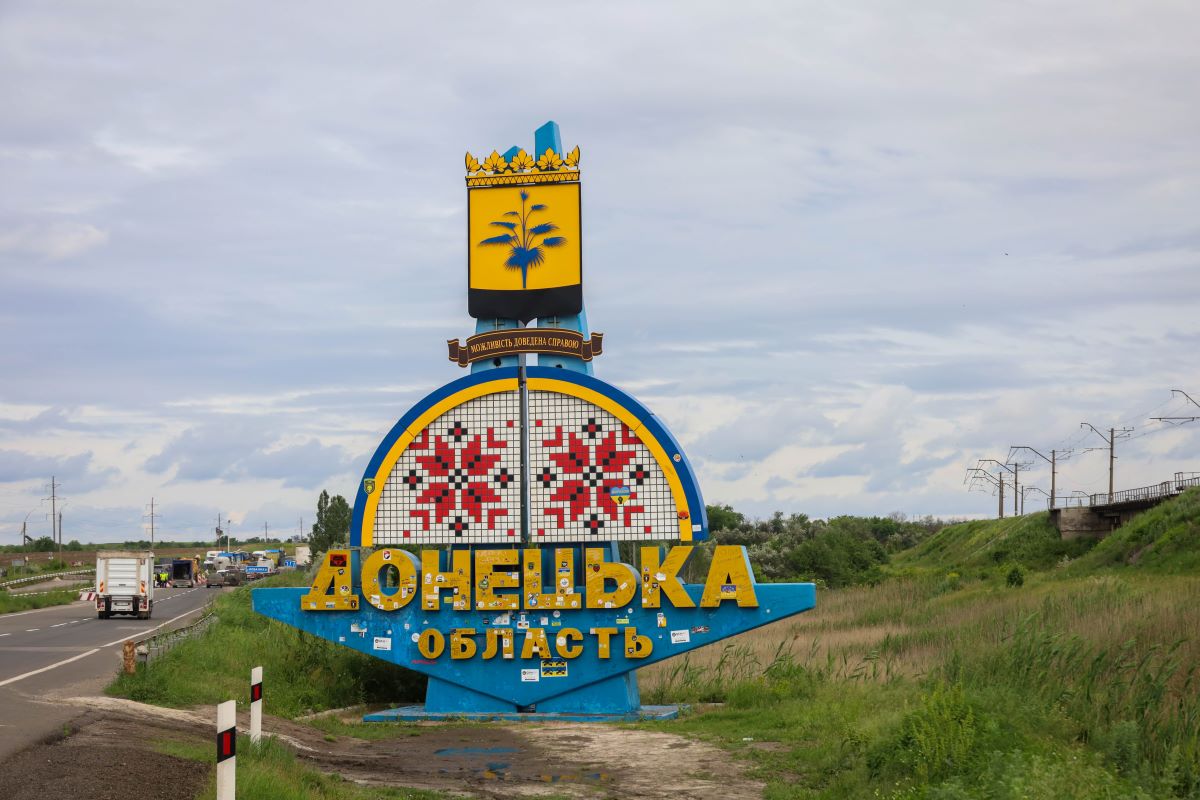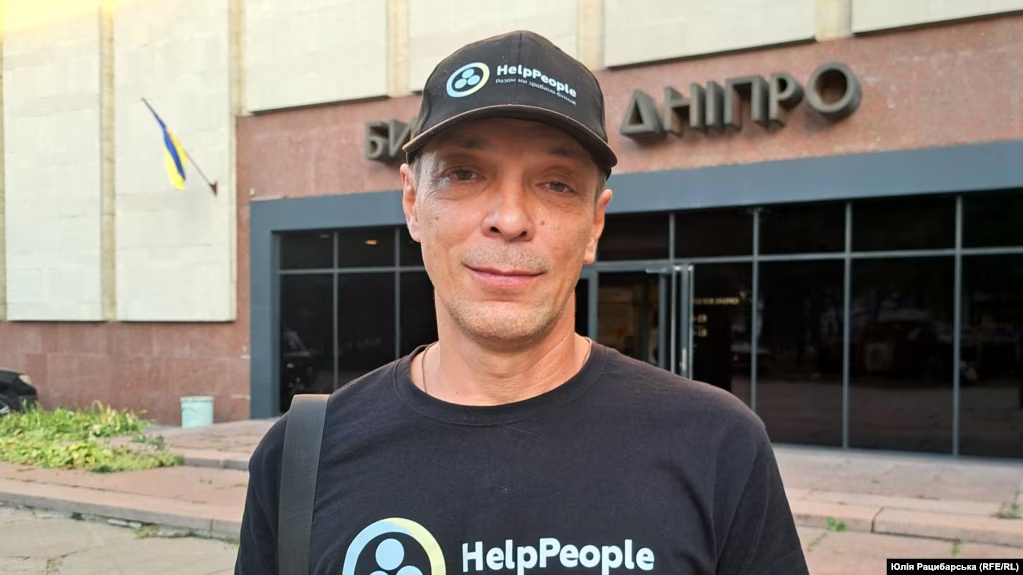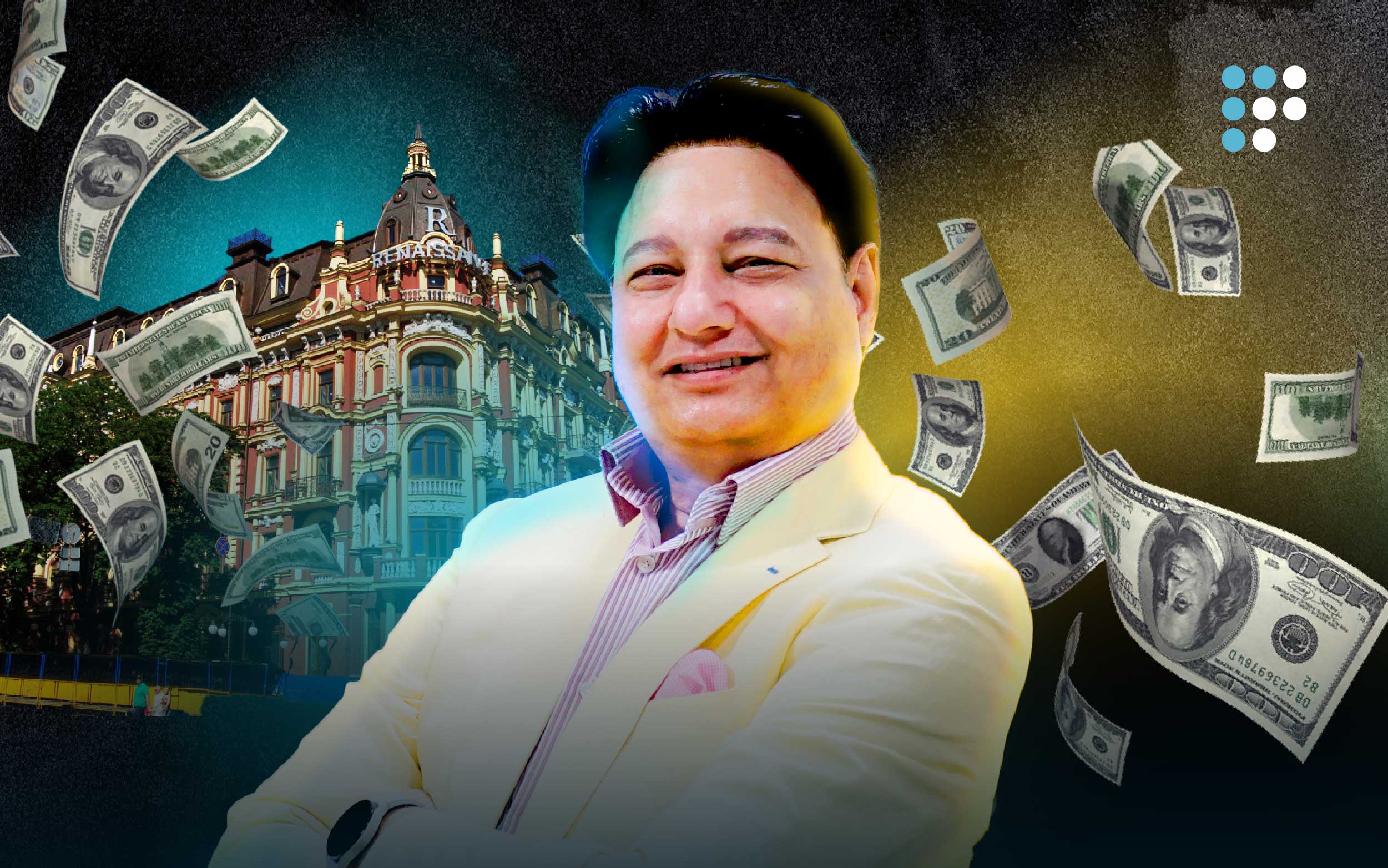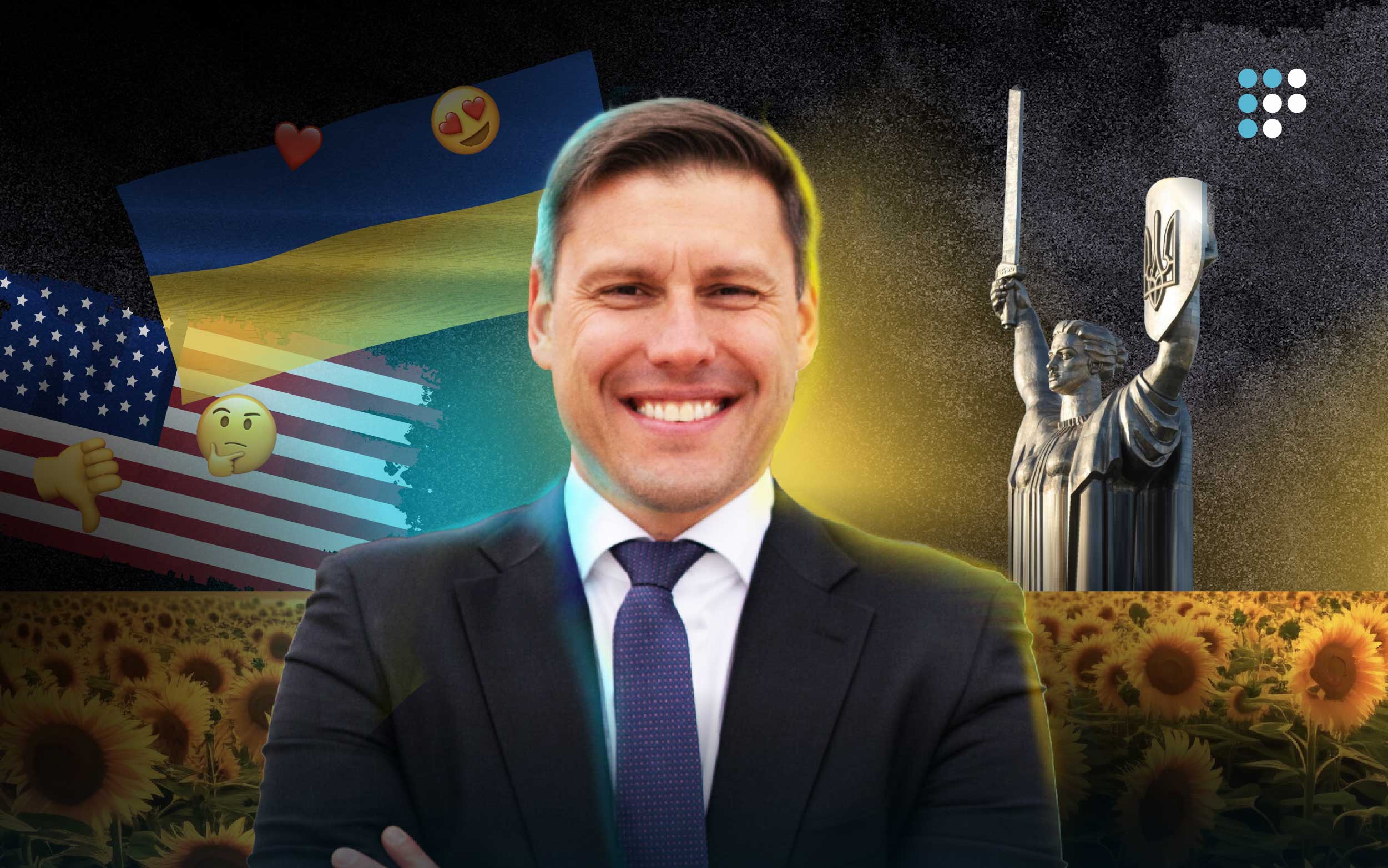
A month before his death, Hena told his grandmother: «I want you to live to see the Ukraine I dream of» — Olha Afanasieva
An electronic petition has been registered on the President’s website to award the title of Hero of Ukraine to Hennadiy Afanasiev, a former political prisoner and deceased Armed Forces serviceman. As of January 29, the document has garnered over 10,000 signatures, with a minimum of 25,000 signatures required.
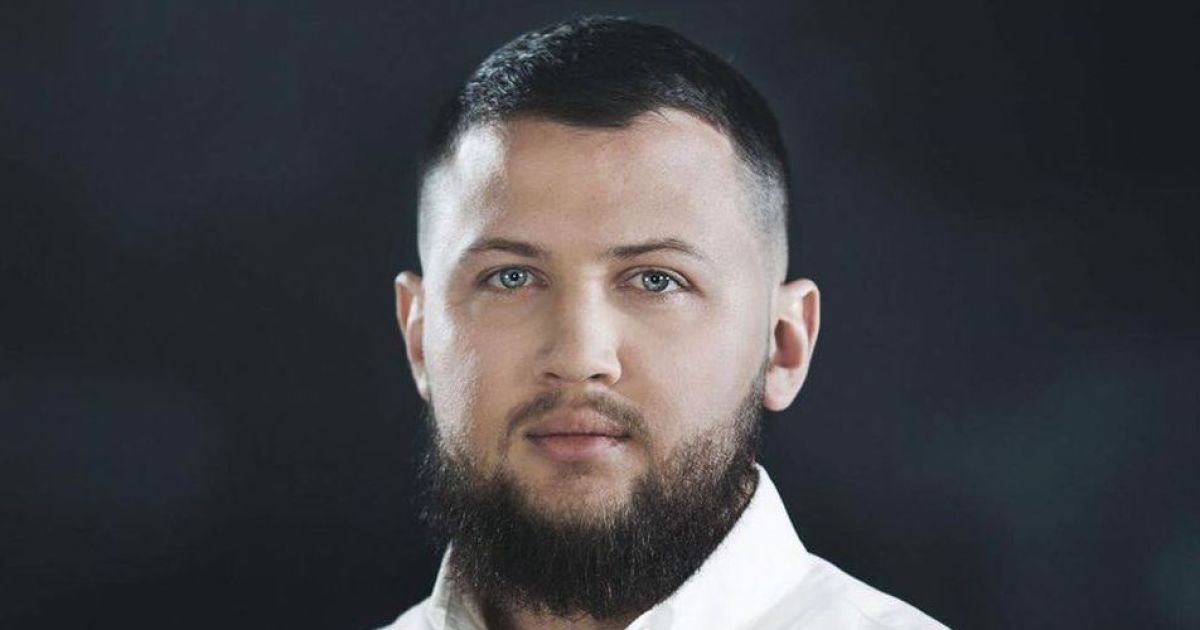
The latest episode of the program «Free our relatives» is dedicated to the memory of Hennadiy Afanasyev.
Together with his mother, Olga Afanasyeva, we revisited Hennadiy’s story.
Hennadiy Afanasyev was one of the first Ukrainian political prisoners, a Crimean resident, and an activist in the movement resisting the Russian occupation of Crimea. Despite the dangers of openly protesting against the occupiers in the spring of 2014, Hennadiy courageously did so without concealing his identity. His bold stance incurred the wrath of the occupiers, and on May 9, 2014, Russian security forces detained him in Simferopol in connection with the Sentsov case. At that time, there were four detainees, including Oleg Sentsov, Oleksandr Kolchenko, Oleksiy Cherniy, and Hennadiy Afanasiev. Both Oleksiy and Hennadiy were subjected to severe torture by the FSB and coerced into testifying against the others.
Despite being kept separately from other political prisoners, Hennadiy later performed a remarkable act that would be eternally remembered by journalists covering the «Sentsov case». During the trial of Oleg and Sasha on July 31, 2015, Hennadiy Afanasyev publicly recanted his earlier testimony, asserting that it had been extracted under duress. Although the judge prohibited the filming of witness statements, this crucial moment was captured in the film «The Trial» directed by Askold Kurov.
Hennadiy himself was sentenced to seven years in a maximum-security prison, serving his time in Syktyvkar, Komi Republic. Russia obstructed negotiations for his exchange, even falsely claiming he was a «Russian citizen» to prevent his extradition to Ukraine.
While in prison, Hennadiy faced health issues, developing furunculosis with ulcers untreated by prison medical services. His mother, Olga, campaigned for his release through Ukrainian media and human rights organizations. Finally, on June 14, 2016, Hennadiy Afanasyev, along with another political prisoner, Yuriy Soloshenko, was returned to Ukraine as part of an exchange program. A few days later, on Hromadske Radio, Hennadiy shared his prison experiences with listeners.
Following his release, Hennadiy Afanasyev actively participated in human rights campaigns, advocating for the release of Kremlin’s political prisoners. He authored a book about his Russian captivity, titled «Rise after a fall». With the escalation of the Russian invasion of Ukraine, he volunteered and fought with the 130th Territorial Defence Battalion of the 241st Brigade. Tragically, on December 18, 2022, Hennadii Afanasiev was killed near the village of Bilohorivka in the Luhansk region.

«When the first explosions occurred on February 24th, I knew he would leave…»
Olga Afanasyeva: On February 24th, Hena volunteered for the war. I didn’t even have a shadow of a doubt about it – when the first explosions occurred, I already knew he would go. I really wanted to talk him out of it, but I knew that his decision was irreversible.
This year, which he spent fighting, was very difficult because they were in combat almost from the first day. He was defending Zhulyany airport, then Irpin, Bucha, Kharkiv region, and his journey ended in the Luhansk region…
He managed to visit home before he died, it was a month and ten days before… He managed to celebrate his last birthday, but it was only called «celebrating». He was very tired.
He would lie down on the floor and fall asleep. It was very hard to watch. He kept saying that they needed a leave or some kind of rotation because they couldn’t do it anymore…
For several days they could not retrieve him from the field. There were a lot of missing persons, but his friends and colleagues finally retrieved his body from the battlefield, and I am very grateful to them.
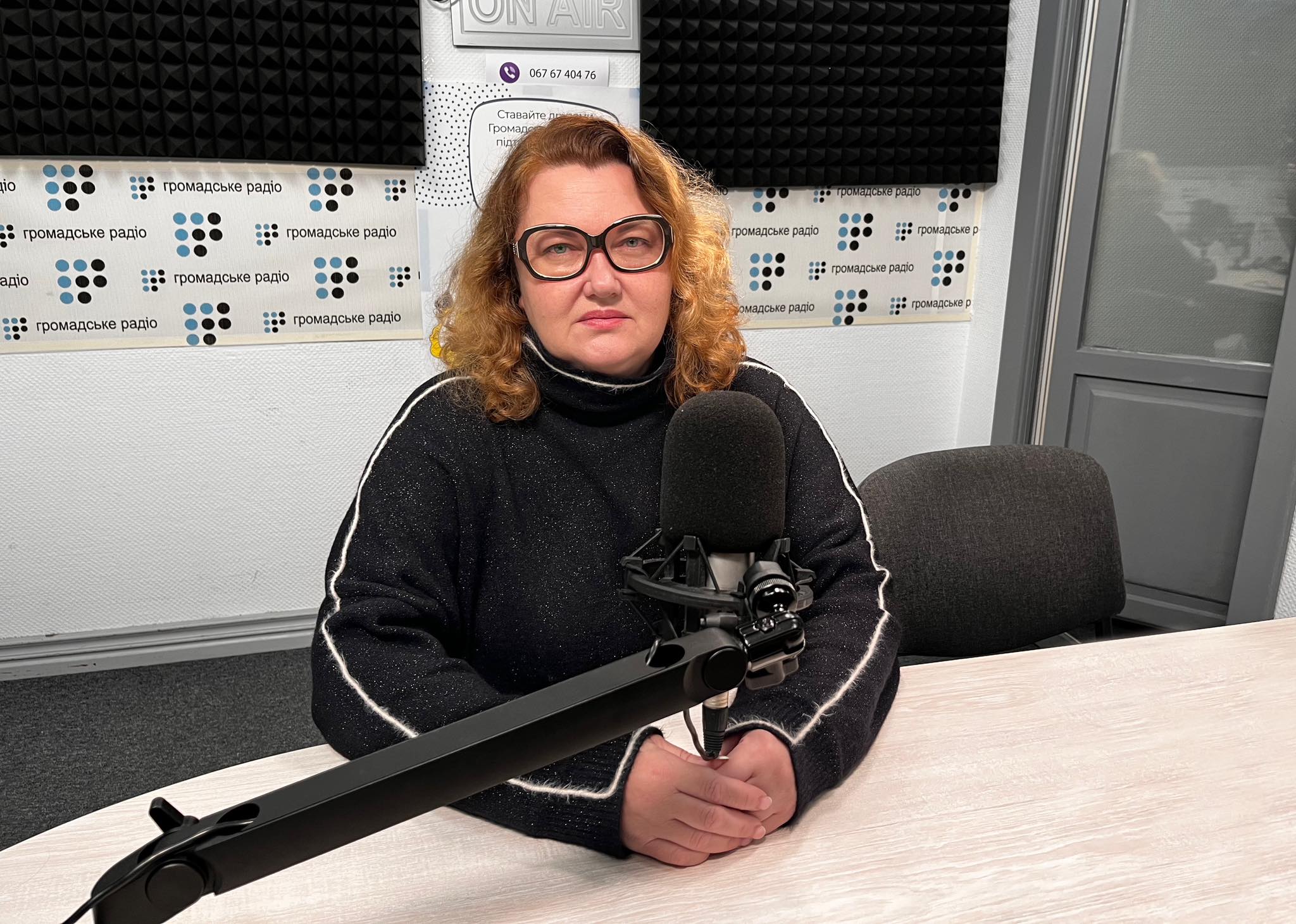
«The military commissariat did not want to draft him…»
Olha Afanasieva: When Hennadiy returned from prison in 2016, he immediately foresaw a full-scale war and began preparing for it. Although he had never served in the army, he took private shooting lessons.
At that time, Hena echoed the sentiments we hear now: that Russians are imperialists and slaves, and they are inevitably destined for war.
On February 24, he went to the military registration and enlistment office in the morning. I accompanied him, and we remained there until evening. Initially, they were hesitant to accept Hena. However, he declared, «If you do not want to take me, I will spend the night here». And indeed, he spent the night in the military registration and enlistment office on chairs. When the staff returned in the morning, they recognized his resilience and determination, and he was enlisted. This steadfastness and unwavering determination were consistent traits in his character. He displayed similar resilience during his time in prison, where he demonstrated incredible willpower by publicly accusing Russian law enforcement officers of torture and abuse.
«After returning from captivity, Hennadiy fought for the release of other political prisoners»
Olga Afanasyeva: Upon Hena’s return, he set himself the goal of documenting Russia’s human rights violations. We promptly filed a lawsuit with the European Court of Human Rights (ECHR) and won in two courts, with Hennadiy’s imprisonment being recognized as illegal. Our objective was to convey to the entire world that Russia is an aggressor country. Despite the challenges he faced, Hennadiy traveled worldwide, spoke at the European Parliament, various universities, and more. A substantial amount of work was accomplished.
In Ukraine, we assisted political prisoners, a less numerous group at the time than it is now. We organized auctions, campaigns, and advocated for the cause in the Verkhovna Rada. When the pandemic started, Hena initiated a significant project to aid ATO veterans, helping them reintegrate into civilian life. Over 200 individuals completed these courses and mastered the IT profession. This initiative held great importance for him, given his own experience; he was penniless upon his release from prison.
«In Crimea, he was a grown-up child, and after the torture chamber, he emerged with resilience»
Olga Afanasyeva: When the invasion of Crimea occurred in 2014, our lives were carefree, and so was Hennadiy’s. He wasn’t concerned about anything, focusing on his work and language learning. However, when he was detained and taken to Russian torture chambers, he was only 23 years old. He emerged from there toughened, with a strengthened core in his soul and developed ideas.
«They say «Ukraine above all», and that’s Hena. When he was last at home, he hugged his grandmother and said, «I dream so much that you will live to see the Ukraine I dream of».
«Rise after a fall»
Olga Afanasyeva: I insisted that he start writing a book. Firstly, it serves as an emotional outlet for him—a form of therapy. Secondly, I told him that a year or two would pass, and he might forget some details.
The book aims to spread the message that Russia is an aggressor country. This was the purpose of his life.
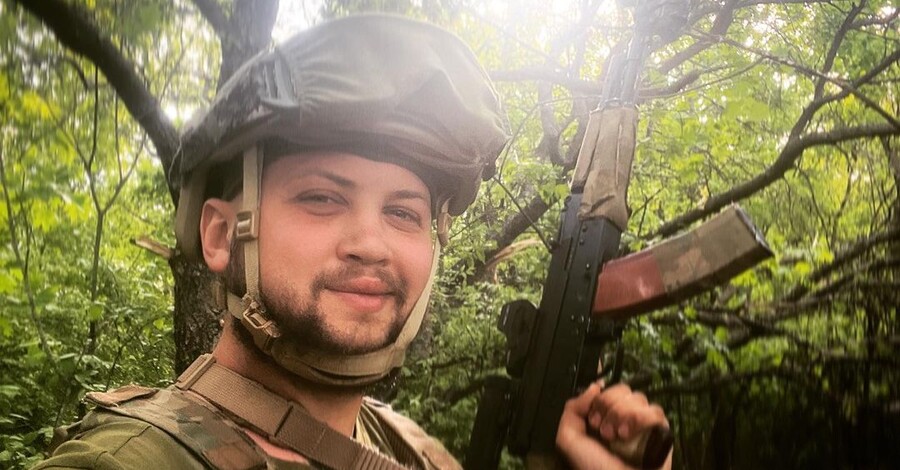
«We need to remember the heroes…»
Olha Afanasieva: During Hena’s burial in Vyshneve, a suburb of Kyiv, the cemetery was muddy, preventing people from approaching the grave to lay flowers. I’m not criticizing anyone now; everything has been done at the cemetery — a monument has been erected, and the graves have been tidied up. However, the full-scale war has been ongoing for almost two years. Isn’t it possible to consider a more suitable place to bury the heroes, ensuring a dignified resting place befitting their deserving honor? In truth, it’s not these heroes who require the memory about them; it’s us who need it.
A petition urging the awarding of the title of Hero of Ukraine to Hennadiy Afanasyev can be accessed on the official website of the President of Ukraine at this link

Let us recall that Hennadiy Afanasyev was the first person convicted in the case of the «Crimean terrorists». On May 9, 2014, Afanasyev was detained in Simferopol on charges of participating in a «terrorist community» organized by Oleg Sentsov.
By the end of May 2014, the FSB website published information stating that Afanasyev, along with Oleg Sentsov, Oleksandr Kolchenko, and Oleksiy Cherniy, was a member of the subversive and terrorist group «Right Sector», planning various terrorist attacks in Crimea.
According to the investigation, Hennadiy Afanasyev was involved in the arson of the building of the Russian Community of Crimea on April 14, 2014, and the local branch of the United Russia party on April 18. He is also accused of planning the explosion of the Lenin monument on Vokzalnaya Square in Simferopol and the Eternal Flame memorial.
In March 2016, Ukraine requested the extradition of four convicted Ukrainians, including Hennadiy Afanasyev, from Russia.
On June 14, 2016, Afanasyev and another convict, Yuriy Soloshenko, were extradited to Ukraine and exchanged for defendants in the separatism case, Ukrainian citizens Olena Glishchynska and Vitaliy Didenko.
Hennadiy Afanasyev filed a lawsuit against the Russian justice system in the European Court of Human Rights for the torture he endured in Russian prisons. On June 16, 2016, the European Court of Human Rights accepted Hennadiy Afanasyev’s claim. In February 2018, the ECHR ordered Russia to pay compensation to Afanasyev for the inhumane conditions during his confinement.
In times of war, the program «Free our relatives» tells the stories of people, cities, villages, and entire regions that have been captured by Russian invaders. We discuss the war crimes committed by the Kremlin and its troops against the Ukrainian people.
The program is hosted by Igor Kotelianets and Anastasia Bagalika.
The coverage of war crimes resulting from Russia’s war against Ukraine is made possible by the support of the American people through the United States Agency for International Development (USAID) in the framework of the Human Rights in Action Program implemented by Ukrainian Helsinki Human Rights Union.
Opinions, conclusions and recommendations presented in this publication do not necessarily reflect the views of USAID, the United States Government. The contents are the responsibility of the authors.
